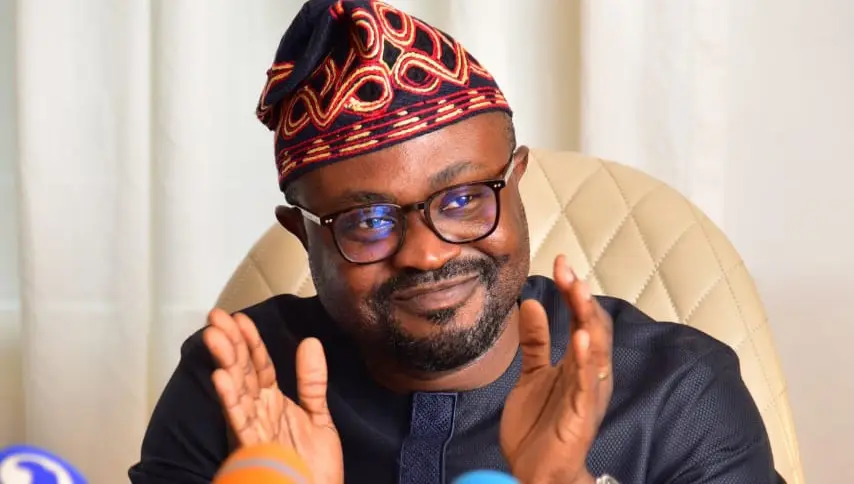The United Nations Children’s Fund (UNICEF) has revealed that Nigeria has the highest number of unvaccinated children in the world, with more than two million children missing out on all routine immunisations.
This troubling statistic was made public on Tuesday by UNICEF Health Officer, Bashir Elegbede, during a media dialogue in Damaturu, Yobe State, to mark the 2025 World Immunisation Day.
According to Elegbede, out of the estimated 8.7 million Nigerian children under the age of one, about 2.1 million are classified as “zero-dose” (ZD) children.
This means these children have not received a single vaccine under the national immunisation schedule.
“The under-one population in Nigeria is estimated at 8.7 million, with 2.1 million of them (24 per cent) classified as ZD children. This highlights that Nigeria bears the highest global burden of ZD children. Reducing the number of zero-dose children—those who have not received any routine vaccination—is crucial for improving public health outcomes in Nigeria,” he said.
ALSO READ
While most of these children live in hard-to-reach areas or areas affected by armed conflict, displacement, climate change, and weak health infrastructure, others live in urban slums or pastoral communities, where access to healthcare remains extremely limited.
Elegbede warned that ZD children are at a higher risk of dying from vaccine-preventable diseases like polio, measles, meningitis, hepatitis, and yellow fever.
He emphasised the lifesaving potential of vaccines, calling them one of humanity’s most effective health tools.
“Across the world, millions of lives have been saved by vaccines. Globally, sadly, Nigeria has the highest burden of ZD children. A number estimated to be 2.1 million as of 2023,” he said.
He added: “With Borno and Yobe States having a disproportionate number of these children. UNICEF, alongside stakeholders in the health sector, has continued to work with the government to reduce the number of ZD children through improvement of routine immunisation coverage and approaches that strengthen the health systems across Nigeria.”
The agency’s Volunteer Community Mobilisers have also successfully reduced vaccine non-compliance in Yobe to less than one percent.
In neighbouring Borno State, UNICEF has helped vaccinate 145,000 zero-dose children, with an additional 165,000 across the northeast set to benefit from the ongoing “Big Catch-Up” campaign.
Of this number, about 95 percent have already received vaccines as of March 2025 and the next round of vaccinations is expected to wrap up by the end of April.
“As we mark the World Immunisation Week, which ends tomorrow, let us be reminded that immunisation remains one of humanity’s greatest and most effective achievements,” Elegbede said.
He continues: “We should take advantage to safeguard the precious lives of our children and countrymen and women. Vaccines ensure fewer diseases and more life. A vaccine for one among us is for our collective protection. Not everyone has the same access to life-saving vaccines. However, the Nigerian government and partners are striving to address these inequities. Vaccination for all is humanly possible.”
Also speaking at the event, the Emir of Damaturu, Alhaji Shehu Hashimi II Ibn Umar Al-Amin El-Kanemi, represented by the Waziri of Damaturu, Maisanda Lawan, praised UNICEF’s commitment to reaching zero-dose children in Nigeria and pledged continued support for the campaign.
“The Emir is committed to this course, and he has shown his commitment to ensuring that vaccination gets to every community,” Lawan said.
As Nigeria grapples with its vaccine coverage crisis, UNICEF and its partners are calling for more coordinated action, increased funding, and stronger health systems to ensure that no child is left behind in the fight against preventable diseases.






